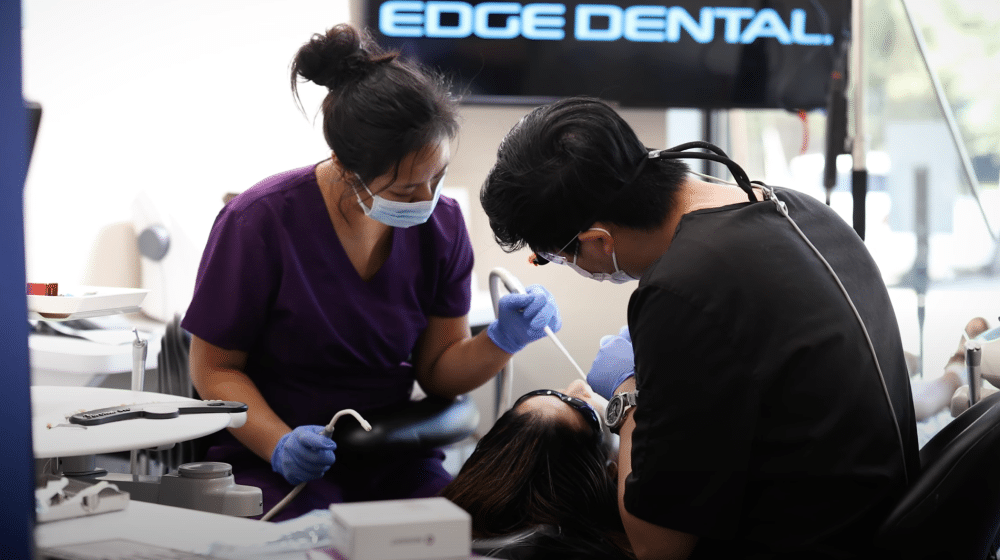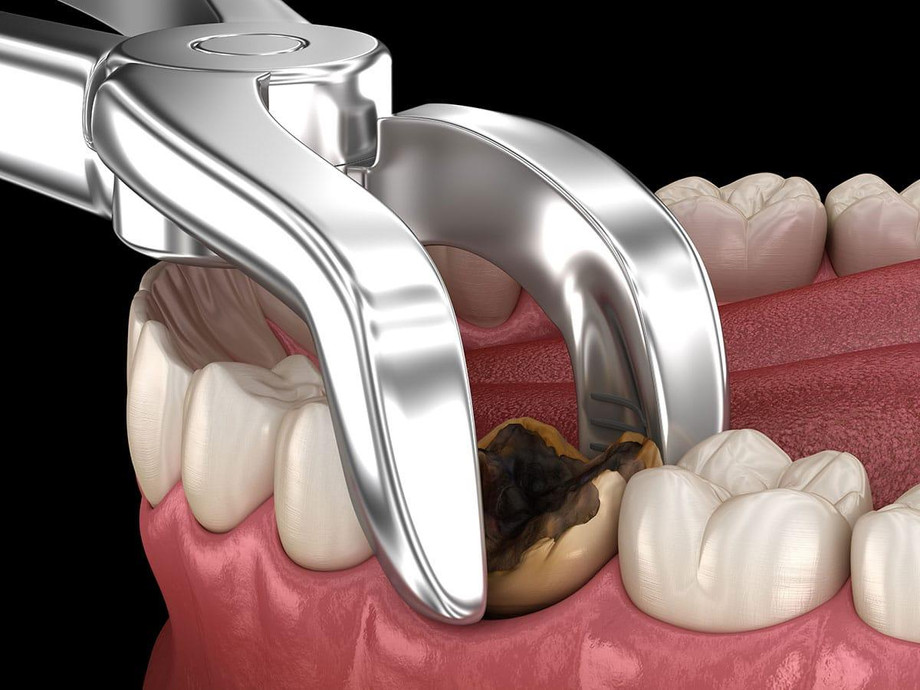What Are The Consequences Of Wisdom Tooth Extraction?
منشور من طرف Clark Ervin
الجسم
The development of wisdom teeth is the last teeth in your jaws. Primarily they get impacted because often, there is not enough space in your jaw to erupt properly in the position like the other teeth in your mouth.
So, in many cases, they vary in their place. Some may erupt fully, and others may not because they are impacted by the other tooth, partly covered inside the gums, or not fully erupted from the gums. This partial eruption or impact by the other tooth or lack of space to erupt may create issues, which is why dentists recommend extraction for the wisdom tooth.
The Dentist Spring Branch, in some cases, removes the wisdom tooth entirely or partially to reduce the risk of damage.
The Possible risks of removing wisdom teeth.
Impacted wisdom teeth removal is necessary sometimes. The nearest dentist near me usually recommends removing them at a young age so they do not harm other teeth or cause oral issues. Here are the possible risks of removing wisdom teeth:
● Bleeding
After the removal of wisdom teeth, there are chances that the impacted area may bleed. Still, it is usually a big problem as it is customary to bleed after the extraction. The bleeding stops quickly. The dentist applies pressure on the affected area for atleast 10 minutes to stop the blood using a handkerchief or swab. Call your impacted wisdom teeth removal near me.
Dentist and visit the clinic if the bleeding does not stop.
● Sensation in the chin, lower lip, or tongue.
Around the lower wisdom teeth, there are two nerves. The distance may vary from wisdom teeth. You may feel sensations in your chin, lip, and tongue by the lingual nerve, whereas the lower dental nerve senses your lower lip and the skin around your chin. In many cases, the nerve may not heal fully; you may feel slight numbness on your lip or chin.
● Infection
A dry socket can sometimes result in infection in the socket or the blood clot from the extraction socket dissolving away. The likelihood of this happening is negligible, only about 2%. You can reduce the chances by rinsing the area with mouthwash or water the day after your treatment and to maintain the cleanliness of the affected area. You may also need to take an antibiotic after the extraction to reduce the pain. You can ask your Emergency Dental Clinic for pain reliever medication.

Symptoms of impacted wisdom teeth.
The symptoms can sometimes be noticed, and sometimes they are unnoticeable. Signs of impacted wisdom teeth include:
- Pain or swelling
- Red, swollen or bleeding gums
- bad taste
- Bad breath
- Difficulty opening your mouth
In Conclusion:
You may notice many other symptoms, such as swelling, an unpleasant taste in your mouth, and pain that spreads across your jaw and face, which can indicate impacted wisdom teeth. Wisdom teeth extraction is the option to get relief from the symptoms and lower your chance of developing oral health issues further. Discuss it with your tooth extraction near me open now and book an appointment.












تعليقات